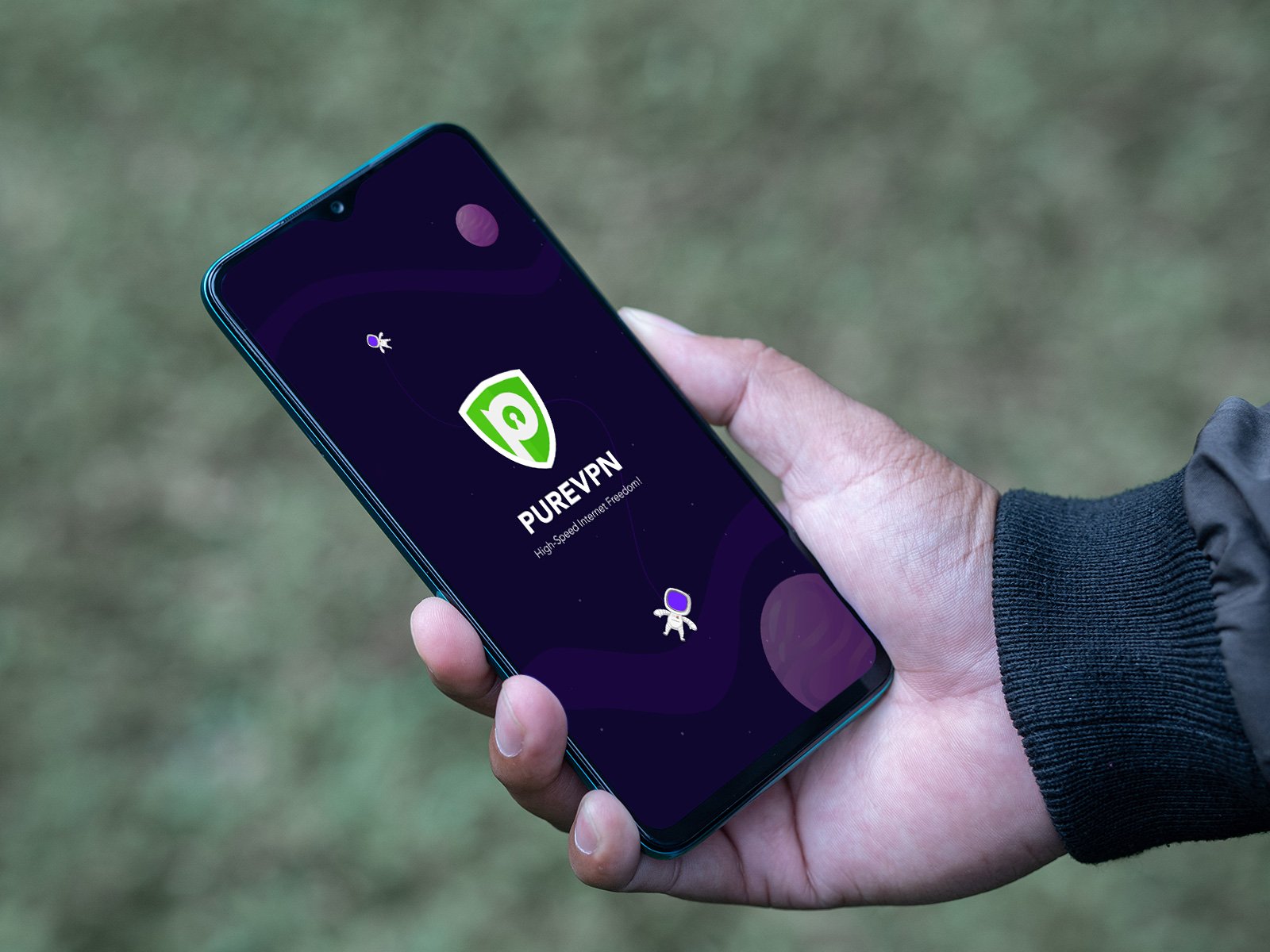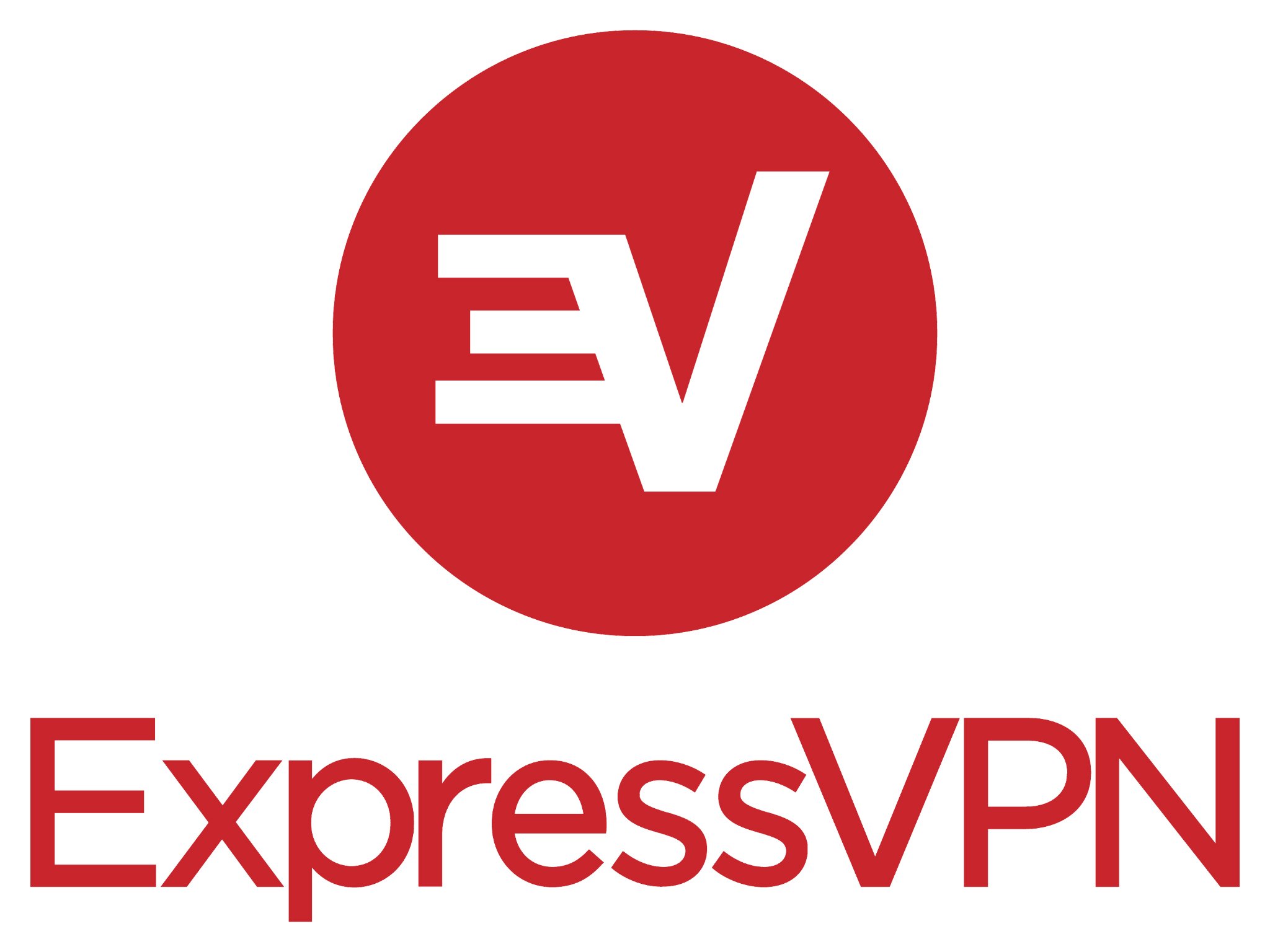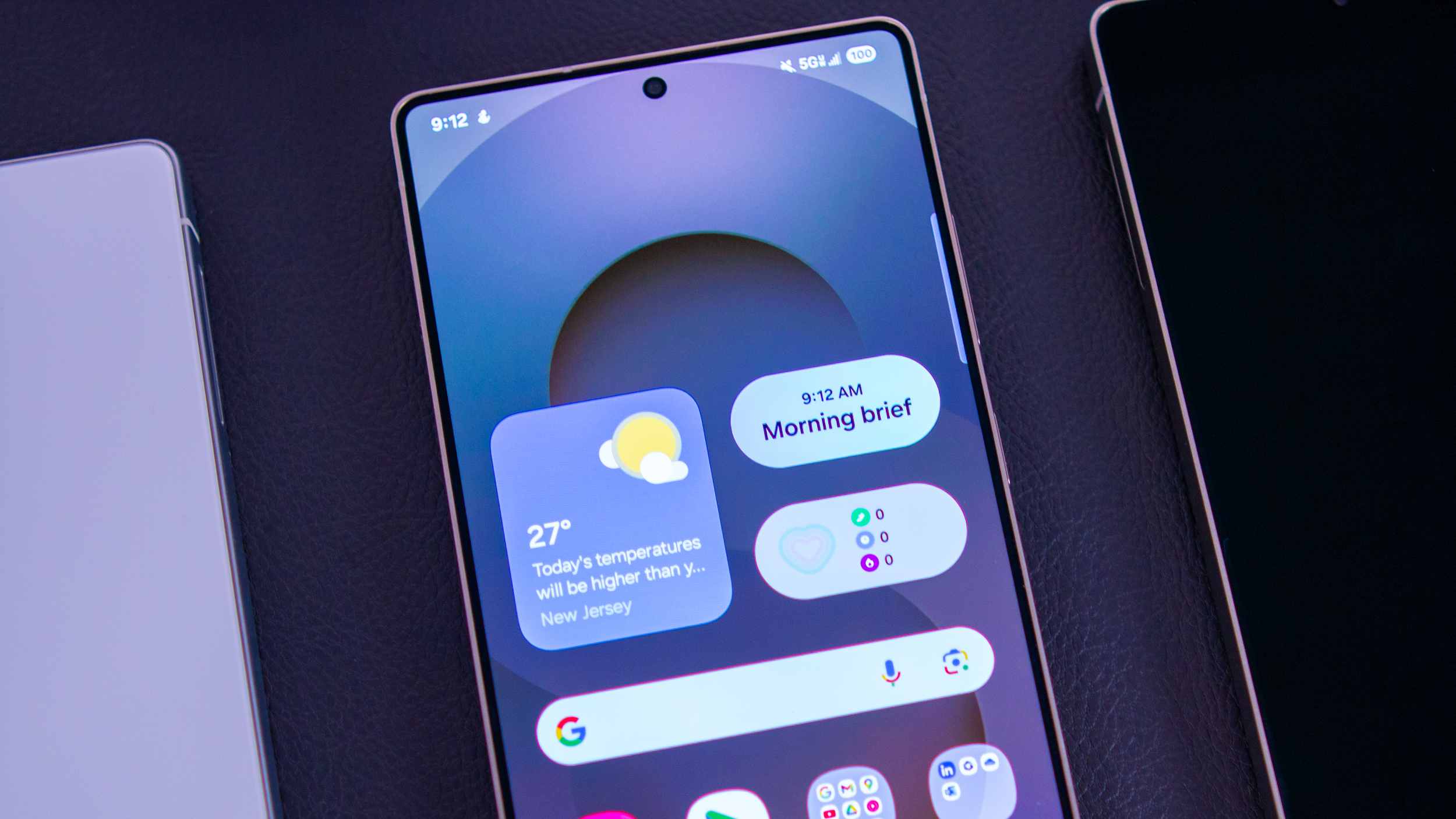5 major advantages to using a VPN

Get the latest news from Android Central, your trusted companion in the world of Android
You are now subscribed
Your newsletter sign-up was successful
A VPN (or Virtual Private Network) allows you to connect to the internet privately and anonymously. You've probably heard a lot about how it's essential that you have such a service available to you, but you might still be wondering just how vital it is and how using one of the best VPN services would benefit you.
VPNs are becoming more popular amongst tech-savvy users but they're not commonplace yet, nor are most good services free. So, why should you do the research and find the right VPN for you? There's actually plenty of great real-world scenarios where a VPN can be a massive help to your browsing experience.
Here's a list of the advantages that a VPN can provide you with to give you some insight into why one is worth buying and to explain why it's important to use a VPN. Our favorite VPN and top pick for most people is ExpressVPN. It combines speed, reliability, fantastic customer service, and more into one affordable package. Be sure to check them out now.
A VPN hides your online identity
Every time you log onto the internet, you're assigned an IP address. That IP address uniquely identifies your computer or mobile device, meaning all your online activities can be traced back to it. Everything from the links you click on to the things you search for on Google can be retraced back to your IP address. A VPN disguises your IP address so that your activities can't be tracked.
It does this by sending you online via a different gateway city or country (depending on what you choose) so it's much harder to trace anything back to the original source, i.e. you.
If you're worried about government surveillance, your ISP keeping tabs on you, or simply adverts tapping into the knowledge it gains about you because of your location, a VPN can stop such risks in its tracks. Or at least make it a lot harder to do so meaning the average user won't have to worry.
A VPN helps you bypass geo-restrictions for content
Ever tried to access a website or streaming service to be met with a message similar to 'Sorry, the content you requested is not available in your country'? It's frustrating, especially if you know you're paying for the service. Streaming services like Netflix and Amazon Prime Video offer different content in different countries, so if you're traveling, your subscription may not work because of content restrictions, even though you're still paying for it.
By using a VPN, you can obtain a US-based IP address (or wherever you're normally located) no matter where you are, enabling you to view your regular favorite shows. It does this by fooling the service into thinking you're still in the same country as before.
An added benefit is that it also tends to mean you can use a VPN to access content from a different country if you want to enjoy more choice from your favorite streaming service. For instance, if you're in the US, you can view UK based Netflix content and vice versa. It gives you far more options although you need to bear in mind that this is against the terms and conditions of your streaming service and potentially, you could have your subscription suspended.
Add an extra layer of security to home and public Wi-Fi connections
We've already mentioned how a VPN keeps your online identity private and that comes with some huge advantages. Nowadays, we all use online banking and other important services that you really don't want anyone else being able to access. A VPN uses encryption to secure your online communications meaning it's substantially harder to monitor, giving you an extra layer of security between you and any potential hackers.
That's even more important when using free and public Wi-Fi as it's often unsecured and easy to hack. It's also a great tool to use when accessing important work files remotely too, so you don't have to worry about nefarious sources accessing confidential documents. If you travel often, a VPN is an essential form of enhanced security thanks to its encryption features.
A VPN will let you torrent files securely and safely
The very nature of torrenting and peer-to-peer file sharing means that everyone involved in sharing the file can see your real IP address. Potentially, they can use that to see what country and city you're in as well as what ISP you use. That information might not always be a problem but it's certainly a security concern if you're keen to remain private and anonymous.
Use a VPN, and you can hide your identity behind a different IP address. You can even look like you're on the other side of the world if you'd prefer, ensuring there's no chance that anyone can trace the IP back to you.
Torrenting has a reputation for illegal file sharing (which we don't condone) but sometimes, ISPs ban torrenting even when it's the legal form such as for downloading Linux distributions. Being able to use it via a VPN means you can get around such issues and you won't have to worry about any ramifications.
Use your VPN to bypass ISP bandwidth throttling
Many ISPs use bandwidth throttling to control your online speeds. If, for instance, you've downloaded a lot of data in recent times, or you regularly do a lot of your online activities during peak times, ISPs may lower your online speeds for a temporary time via bandwidth throttling. ISPs don't do this all the time. Sometimes, they might only do it in the evenings or weekends, while others might just do it once a month if you've been hitting your connection hard for the last few weeks. Whenever it happens though, it's annoying.
Essentially, ISPs tend to do this to encourage you into signing up for more expensive subscriptions or data plans, offering you more bandwidth.
If you use a VPN, you can bypass your ISP's attempt to throttle your internet connection meaning you always have decent speeds when browsing, even if you do so during a peak time of day. That's because it encrypts all your internet traffic and hides your activity so your ISP won't ever see what you're doing, such as whether you're downloading large files or streaming TV shows or movies.
Purchasing a VPN can save you money in the long run if your ISP regularly throttles your bandwidth.
We test and review VPN services in the context of legal recreational uses. For example:
1. Accessing a service from another country (subject to the terms and conditions of that service).
2. Protecting your online security and strengthening your online privacy when abroad.
We do not support or condone the illegal or malicious use of VPN services. Consuming pirated content that is paid-for is neither endorsed nor approved by Future Publishing.
Get the latest news from Android Central, your trusted companion in the world of Android


